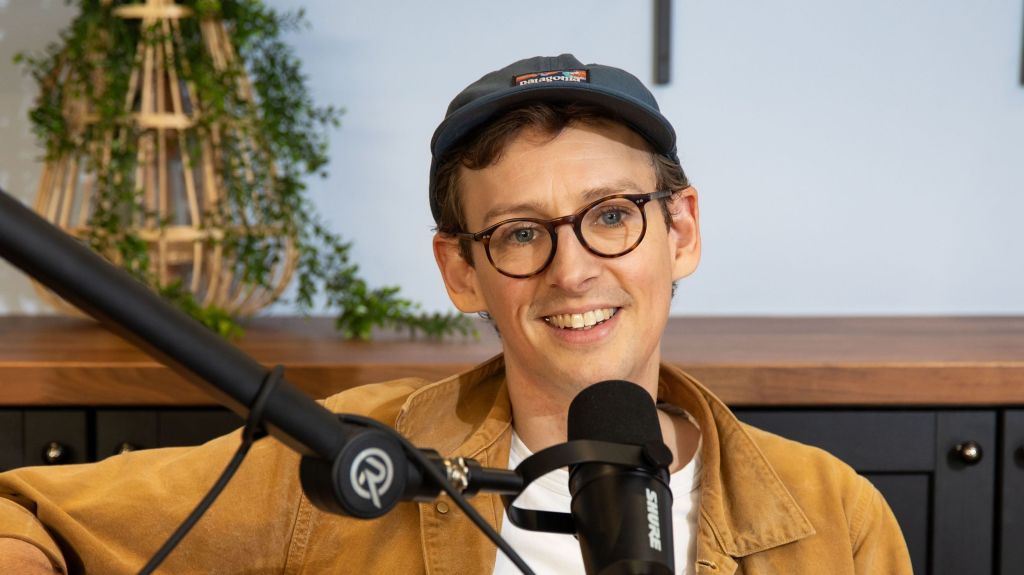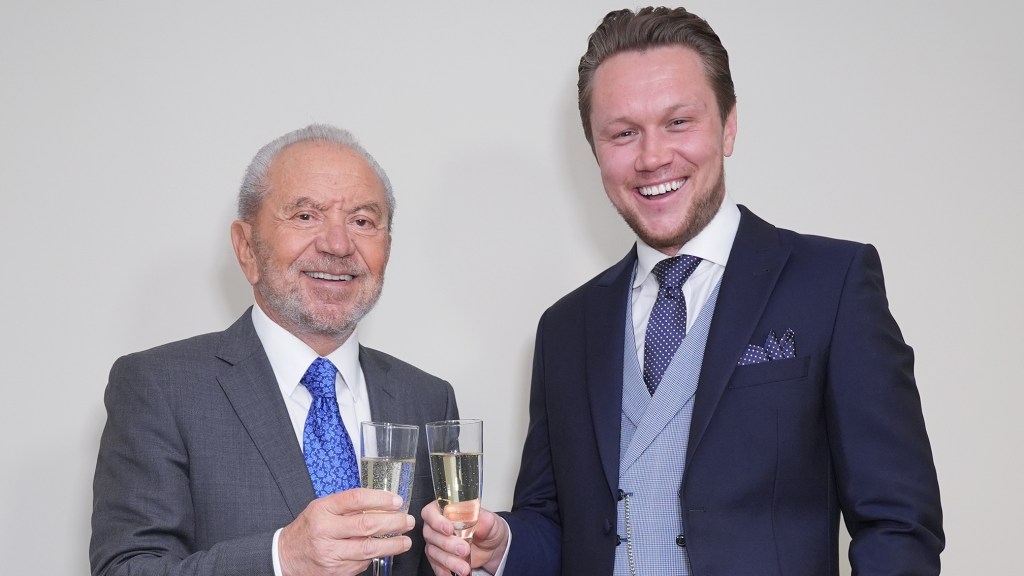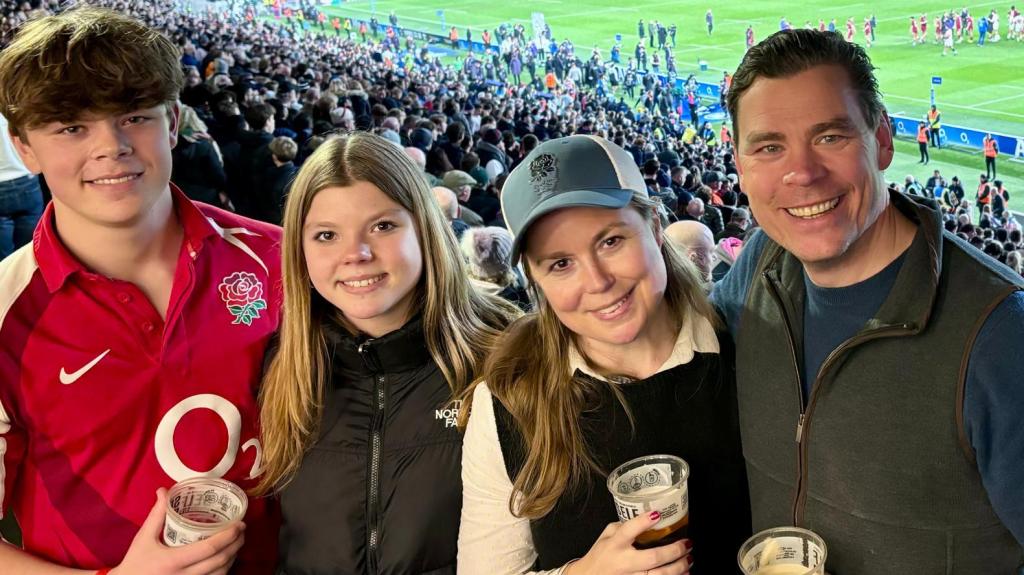Insights on the Risks of Diversification in Podcast Production
Harry Morton, 39, founded the podcast production firm Lower Street in 2016. The company employs a fully remote team of 35 creative professionals who collaborate with various brands, including Adobe, Booking.com, and Pepsico, as well as individual entrepreneurs like the creators of the popular Secret Leaders podcast, to produce engaging audio content. With an annual revenue of approximately £3.5 million, Morton aimed to expand his offerings and identified a potential market for affordable personal branding podcasts tailored for founders and CEOs. After nine months of experimentation, he recognized his misstep and has since refocused on high-quality projects.
While personal branding may not be suitable for everyone, the core insight is that consumers prefer to purchase from individuals rather than faceless corporations. Businesses are composed of people; hence, they ought to communicate more humanely.
This approach implies that for solo founders and small enterprises, marketing their personal stories on social media is increasingly effective. It’s challenging for companies to engage audiences simply by stating their business offerings. People are drawn to human narratives—these stories are more relatable, compelling, and engaging.
For founders who are open and transparent, this creates a genuine connection, encouraging their audience to engage with their journey. This connection can transform into impactful marketing for the company. Followers on platforms like LinkedIn are interested in the individual and their journey, not in the corporate identity.
If you are comfortable sharing your experiences and perspectives, you can cultivate a dedicated audience and strengthen relationships that enhance your company.
Our Dive into Personal Branding Podcasts
Our niche focus—producing podcasts for businesses—attracted a diverse range of clients, from Fortune 500 companies to individual founders.
Over the years, we noticed leads slipping away due to our pricing structure or our inability to cater to their needs. We collaborated with some founders willing to invest in high production values. The challenge lay in formulating an offer that could appeal to a broader market without compromising quality.
Watching potential clients opt for smaller, budget-friendly agencies was disheartening. We believed we could compete effectively due to our expertise in crafting superior podcasts, yet we found ourselves needing to identify a price point that could appeal to a different segment of the market.
Producing Moneywise
We produced a podcast titled Moneywise for founder Sam Parr, co-host of the successful US podcast My First Million. This collaboration exemplified our standard of quality and served as a strong case study to inform our service offerings. It seemed like a promising opportunity to branch out.
Challenging Assumptions
One of the key assumptions we made was regarding the willingness of the premium segment of founders to invest in our services. We believed that there would be enough individuals like Sam Parr eager to pay more for quality content. However, we encountered unexpected price sensitivity, and leads did not convert as rapidly as anticipated. While we did secure some clients, many did not stay long-term, largely because they wanted affordable and rapid solutions that they could manage in-house.
Furthermore, personal branding is deeply personal. Founders are heavily invested in how they are perceived by their peers, families, and markets, which explains their hands-on approach to this aspect of their business.
A Shift in Strategy
We discontinued our personal branding podcast service a month ago, acknowledging it as a setback. However, we have pivoted our focus toward a new opportunity in video content.
Although we have produced video content in the past, our primary focus has been on audio. Recent trends indicate a growing integration of video within the podcasting landscape, with platforms like YouTube gaining prominence and Spotify expanding its video offerings. This shift prompts many content creators to consider their video strategy alongside audio.
Defining Our Identity
We have always had a sense of our identity, but this experience has further clarified it. Our primary clients are corporate entities, and we excel in delivering high-quality services to them. Moving forward, we aim to concentrate on serving this demographic effectively by leveraging the opportunities that video content presents.
Harry Morton shared his insights in a conversation with Richard Tyler, editor of the Times Entrepreneurs Network.




Post Comment